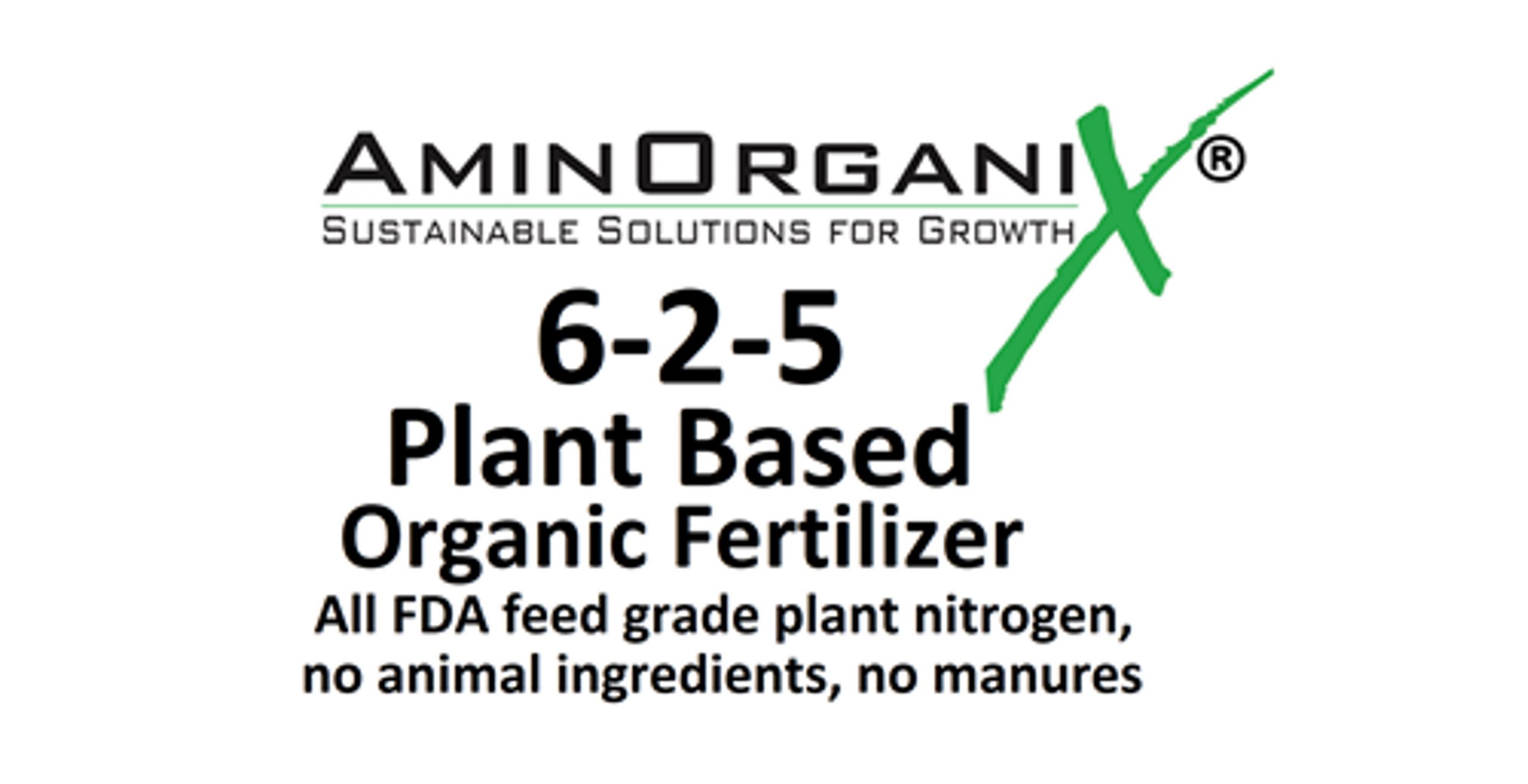
25 Oct Vegan Diets and Now Vegan Fertilizers
Vegan refers to anything that’s free of animal products: No meat, blood, fish, milk, cheese, eggs, wool, leather, honey and anything associated directly with animals or insects. With approximately 8% of the world vegan, it is not surprising that vegan dieters are now interested in closing the vegetation growth cycle with vegan fertilizers.
Fortunately, for plants, vegan fertilizers can provide all the essential amino acids, and with a little help from the mineral world, everything a growing plant needs to be healthy and provide good plant nutrition.
Vegan fertilizers are relatively new and not mainstream, but the market is growing and there is a need at retail as well as on-line for quality products in this new category.
Now, what to look for in a vegan fertilizer is not that different than synthetic or organic fertilizers, but quality ingredients and a variety of sources of nitrogen, phosphorus, potassium, calcium, sulfur, iron, magnesium, manganese and zinc for starters.
Nitrogen and Phosphorus: Nitrogen is the “protein source” for plants. It is essential for all aspects of growth, makes up the cell structure of the entire plant, and with sulfur and iron is responsible for the “green” color.
Phosphorus is essential for all living cells and particularly important for root development and seed production. Phosphorus stores and transports energy in the grass plant.
Corn gluten, Alfalfa meal, Wheat middlings, Soy meal and Molasses are all excellent components that provide nitrogen, phosphorus and potassium.
Potassium: Potassium helps plants deal with extremes of temperature and drought. Potassium is essential for the translocation of sugars and for starch formation.
Potassium is essential but look for Potassium Sulfate (Sulfate of potash), it is good for the plant and the soil. Avoid potassium chloride in dry fertilizers. Potassium chloride should only be used in a liquid fertilizer. Molasses and potassium are excellent for the soil and the plant.
Calcium: Calcium is an essential part of the plant cell wall and necessary for new cell formation.
Calcitic limestone is good and dolomitic limestone is a good option in low magnesium soils.
Sulfur: Sulfur is necessary for protein synthesis and aids in photosynthesis. It is also an essential part of many amino acids necessary for plant growth.
Sulfates and elemental sulfur are excellent sources
Magnesium: Magnesium is essential for photosynthesis and helps activate many plant enzymes.
Magnesium sulfate and dolomitic limestone are good options.
Iron: Iron promotes greening through efficient synthesis of chlorophyll. Manganese is important for photosynthesis.
Iron sulfate or iron citrate is more plant available than other forms.
Manganese: Manganese regulates the splitting of the water molecules during photosynthesis aiding in chlorophyll synthesis
Zinc: Zinc is a key component of many enzymes which regulate plant growth.
Zinc sulfate is one of the best options.
Others: Look for Boron (Bo), and Molybdenum (Mo) and Cobalt (Co) but in very small amounts for best plant performance and vigor. Boron regulates the metabolism of carbohydrates in cells. Cobalt works with molybdenum to transform nitrate nitrogen into amino acids. Molybdenum must be present so the plant can transform nitrate nitrogen into amino acids.
If you still have any questions about vegan gardening or vegan fertilizers, feel free to email Rob Beachy at rbeachy@axiomcom.com.





No Comments